Ask AI on The Internet
Question: Essay examining how economic systems contributed to stability and development in pre-colonial African societies. Clear links to political and societal structures, with specific examples of these contributions, it's crucial for the essay to have citations and references.
Title: Economic Systems and Their Contribution to Stability and Development in Pre-Colonial African Societies Introduction Economic systems in pre-colonial African societies played a pivotal role in fostering stability and development. These systems were intricately linked to the political and societal structures, creating a complex web of interactions that ensured the growth and sustenance of these communities. This essay examines how various economic systems contributed to the stability and development of pre-colonial African societies, highlighting specific examples and linking these contributions to political and societal structures. Agricultural Economies and Their Impact Agriculture was a primary economic activity in many pre-colonial African societies, providing the foundation for societal development and stability. The introduction of iron tools in the first millennium BCE revolutionized agricultural productivity, allowing societies such as the Yoruba and the Igbo in West Africa to cultivate surplus crops (Mbiti, 1990). These surpluses supported population growth, facilitated trade, and allowed for the complex social structures to emerge. In the Kingdom of Buganda (present-day Uganda), the banana plant, or matoke, was a staple crop that supported a dense population and urban growth. The hierarchical societal structure, with the Kabaka (king) at its apex, relied on agricultural prosperity to maintain political stability and social order (Ray, 1991). The collection of tribute from agricultural produce enabled the centralized administration to thrive, reinforcing the political structure and societal harmony. Trade and Commerce as Catalysts for Development Trade and commerce played a crucial role in the economic systems of pre-colonial African societies, linking different regions and promoting cultural exchanges. The trans-Saharan trade routes, for instance, were vital in connecting West African societies like the Ghana, Mali, and Songhai empires to North Africa and the Mediterranean world (Levtzion & Hopkins, 2000). The wealth generated from the trade of gold, salt, and other commodities allowed these empires to flourish. In Mali, the wealth amassed under Mansa Musa facilitated the construction of impressive architectural feats such as the Djinguereber Mosque in Timbuktu, which became a center of learning and culture. The economic strength provided by trade reinforced political stability by ensuring the loyalty of vassal states through wealth redistribution and military support. Artisanship and Economic Diversification Artisan crafts and manufacturing also contributed significantly to the economies of pre-colonial African societies. In the Kingdom of Benin, renowned for its bronze and ivory artworks, skilled artisans produced goods that were both used locally and traded with external partners, including the Portuguese (Ryder, 1969). This craftsmanship not only showcased the society's cultural achievements but also acted as a medium of economic diversification. The centralized political structure of Benin supported and regulated the artisans' guilds, thus ensuring high-quality production and the economic well-being of its members. This relationship between the political elite and the artisan class fostered a stable and cohesive social structure, where economic and cultural prosperity were intertwined. Pastoralism and Society In regions where agriculture was less viable, such as the Sahel and the Horn of Africa, pastoralism formed the backbone of the economy. Societies like the Maasai in East Africa relied on cattle herding for their economic sustenance. The Maasai's social structure, which revolved around age-sets and clans, was deeply connected to their pastoral economy (Hodgson, 2001). The political leadership of the Maasai was based on councils of elders who were responsible for managing resources, resolving conflicts, and ensuring the community's welfare. The economic system of pastoralism, therefore, reinforced social cohesion and collective responsibility, which were crucial for the society's stability and development. Conclusion Economic systems in pre-colonial African societies were central to their stability and development, intricately linked to political and societal structures. Agricultural economies facilitated population growth and urban development, trade and commerce generated wealth that reinforced political power, artisanal craftsmanship diversified economies and showcased cultural achievements, and pastoralism supported cohesive social structures. The examples of the Yoruba, Buganda, Mali, Benin, and Maasai illustrate the multifaceted ways in which economic systems contributed to the flourishing of pre-colonial African societies. References Hodgson, D. L. (2001). Once Intrepid Warriors: Gender, Ethnicity, and the Cultural Politics of Maasai Development. Indiana University Press. Levtzion, N., & Hopkins, J. F. P. (Eds.). (2000). Corpus of Early Arabic Sources for West African History. Marcus Weiner Press. Mbiti, J. S. (1990). African Religions & Philosophy. Heinemann. Ray, B. C. (1991). Myth, Ritual, and Kingship in Buganda. Oxford University Press. Ryder, A. F. C. (1969). Benin and the Europeans, 1485-1897. Humanities Press.
Think your answer is better than the AI's? Post it below.
Question Tags
If you want your question answered by an AI, click here.
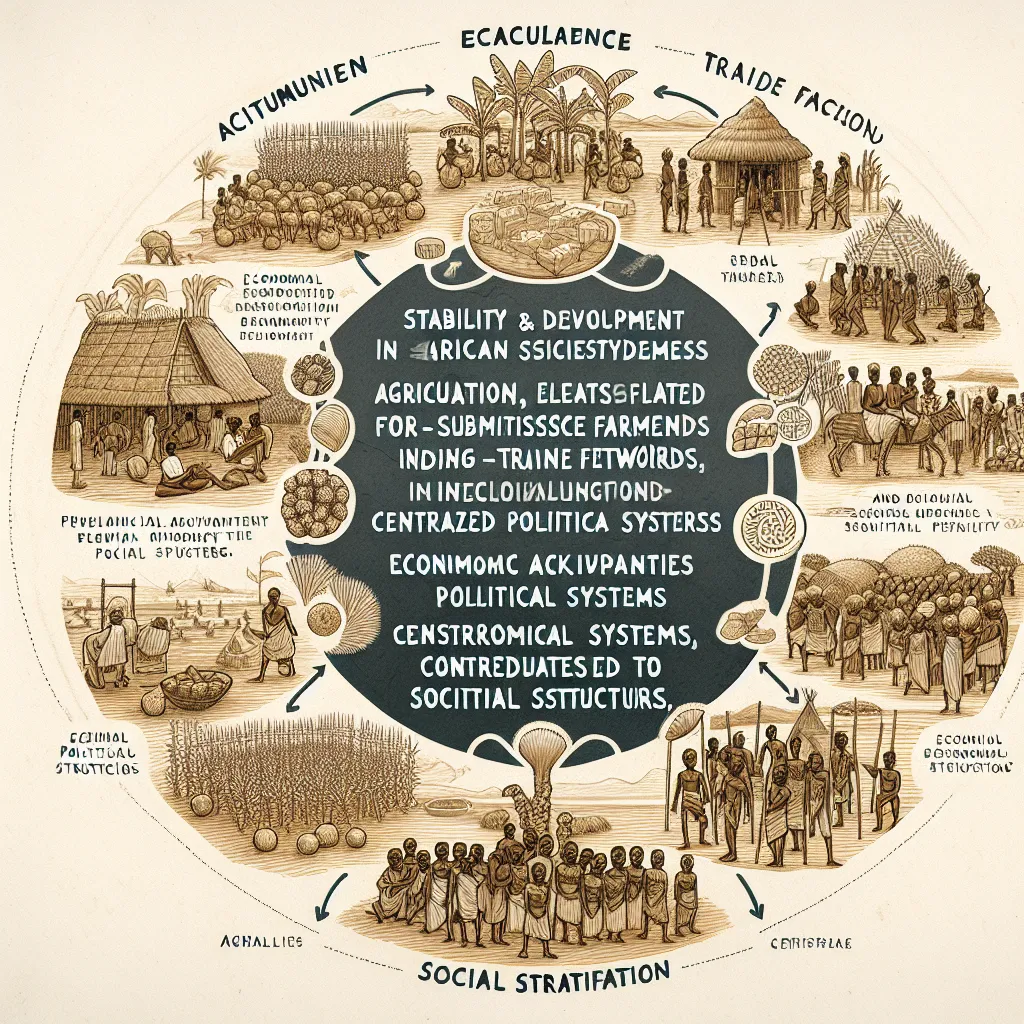
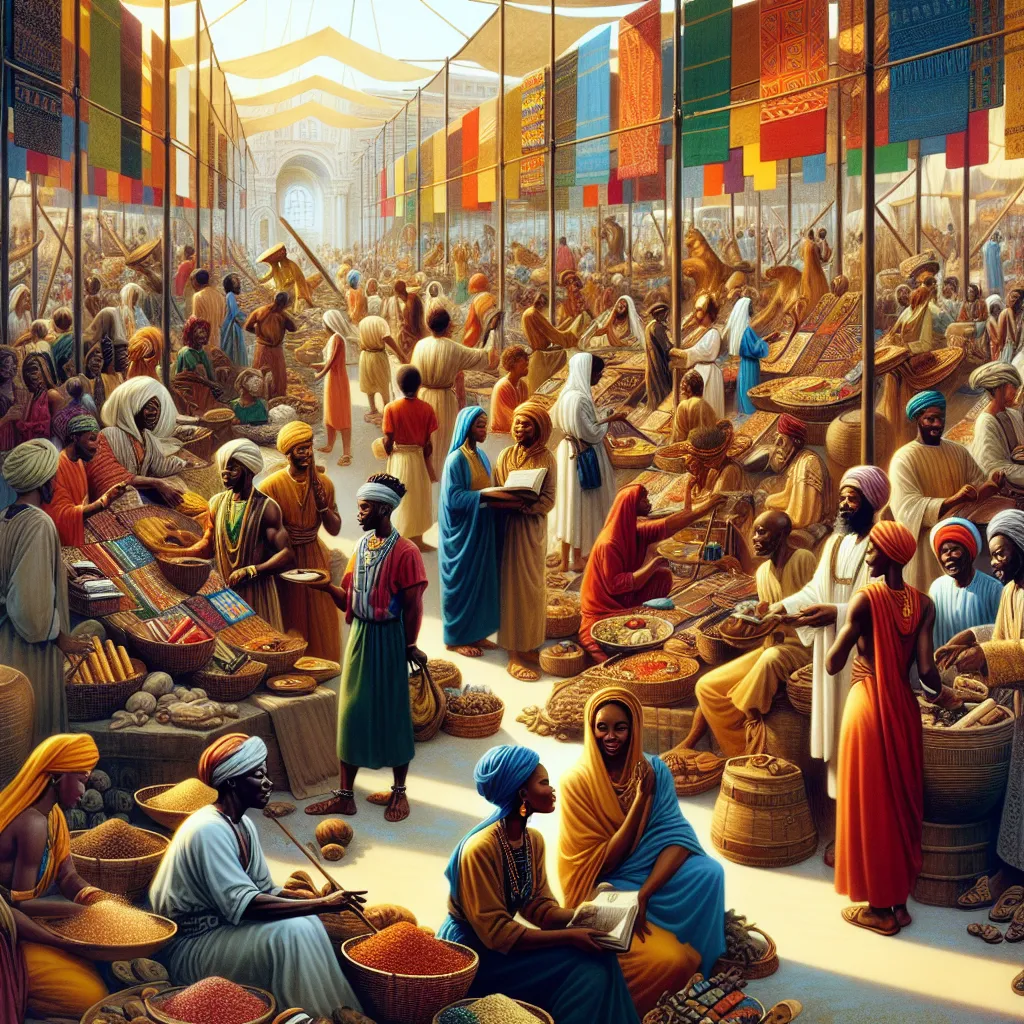
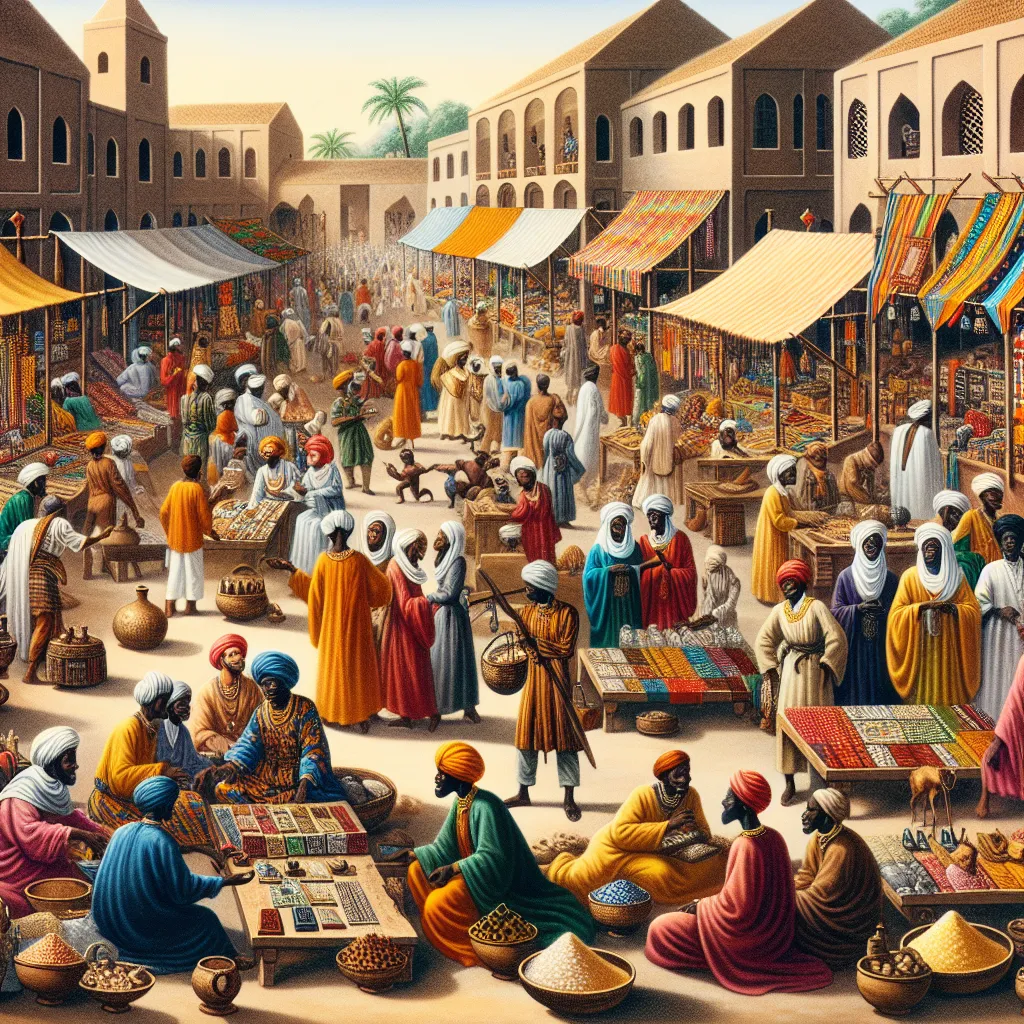
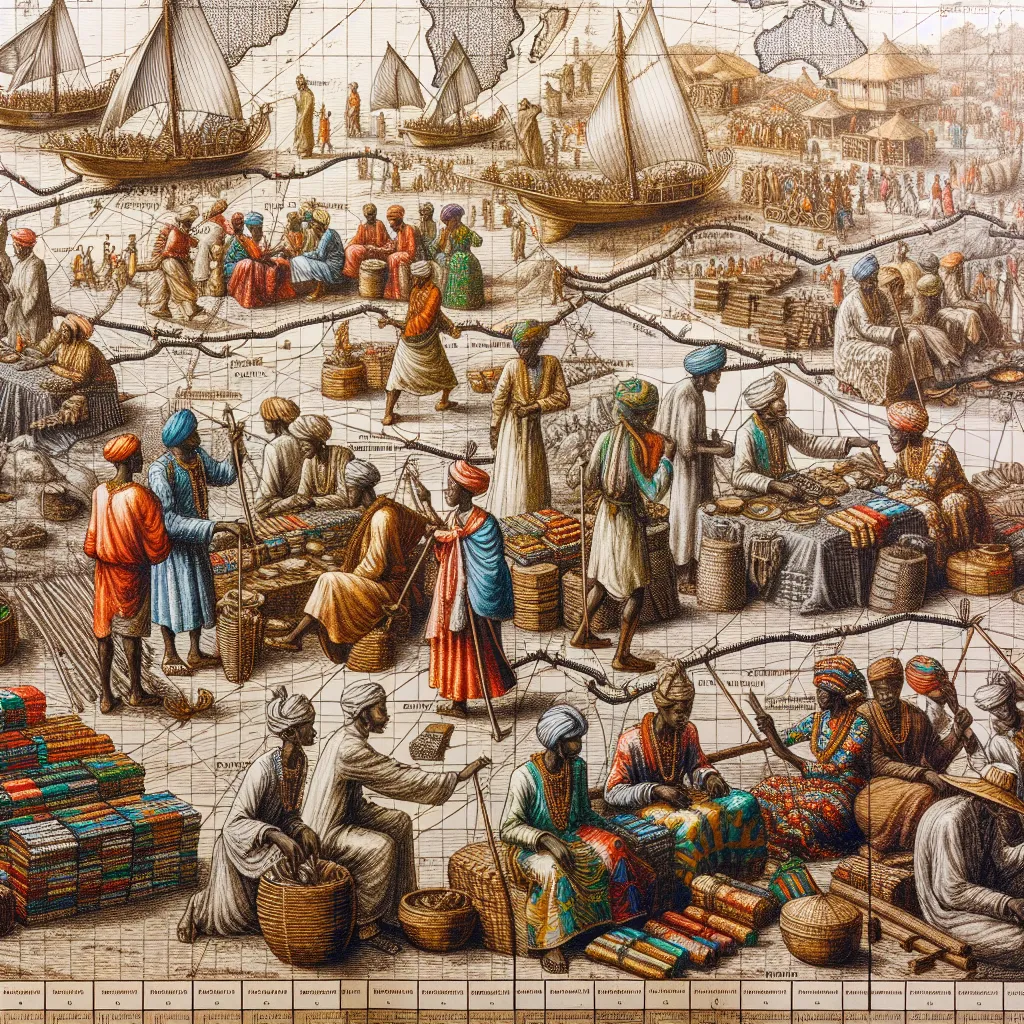

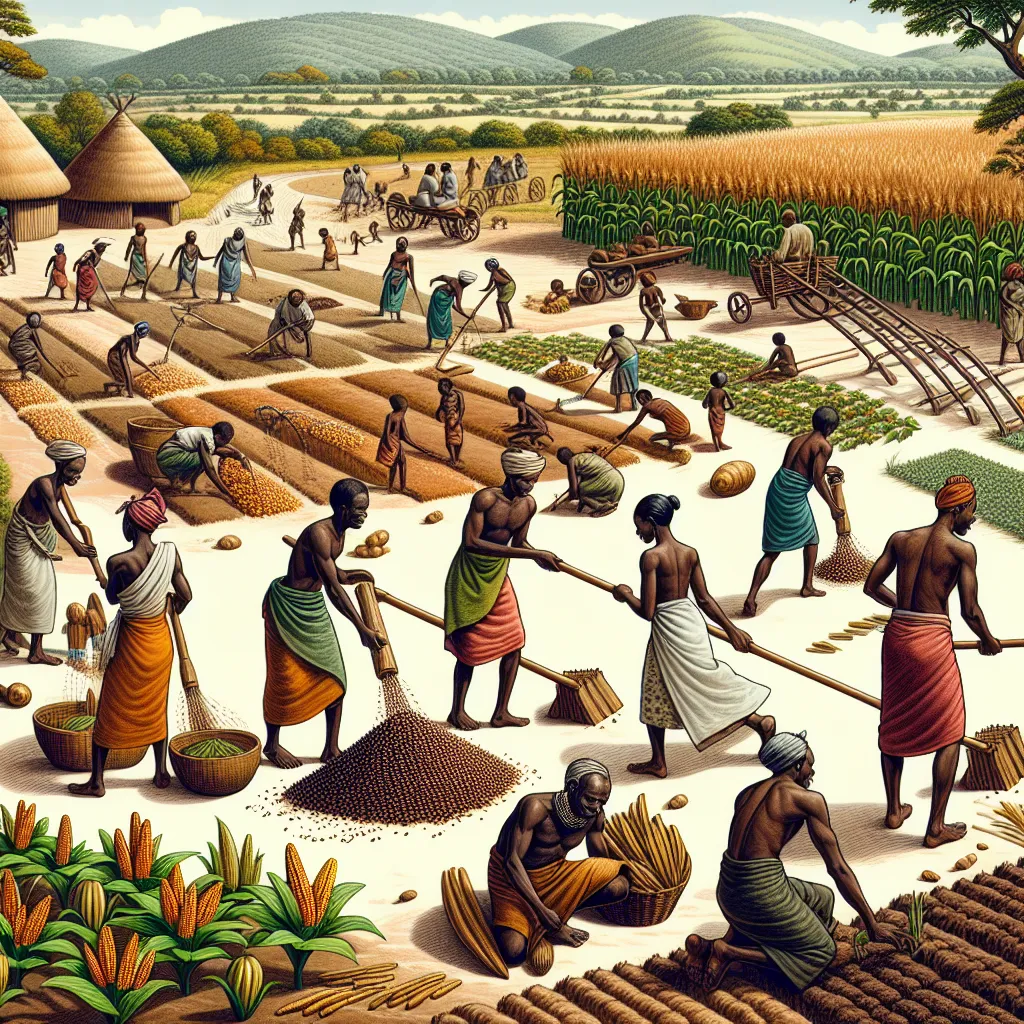

Post your own comment: